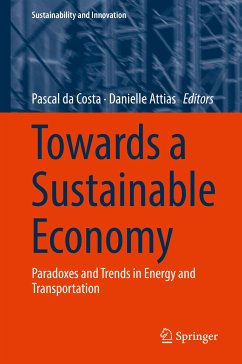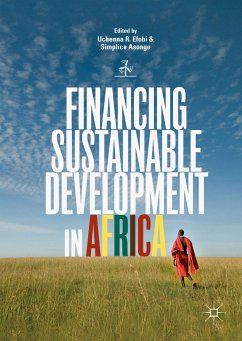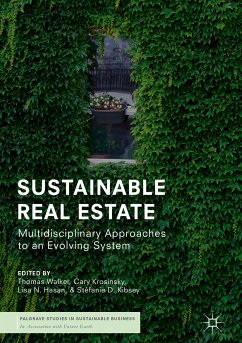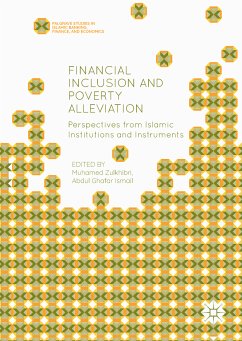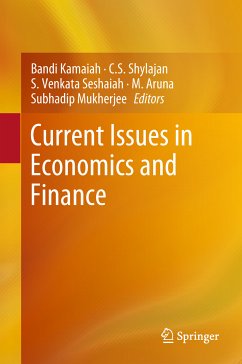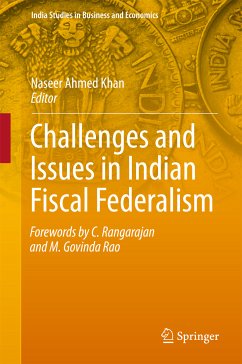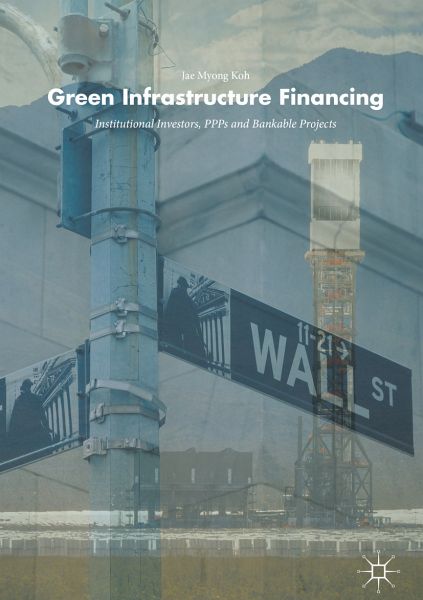
Green Infrastructure Financing (eBook, PDF)
Institutional Investors, PPPs and Bankable Projects
Versandkostenfrei!
Sofort per Download lieferbar
72,95 €
inkl. MwSt.
Weitere Ausgaben:

PAYBACK Punkte
36 °P sammeln!
- Pinpoints green infrastructure as a key agenda to achieve two visions: making a country wealthy and checking climate change
- Makes a major contribution to the analytical literature on market failure in infrastructure markets of developing countries
- Provides a thorough and plain explanation of complex topics such as industrial policy, climate governance, carbon market and capital markets
Dieser Download kann aus rechtlichen Gründen nur mit Rechnungsadresse in A, B, BG, CY, CZ, D, DK, EW, E, FIN, F, GR, HR, H, IRL, I, LT, L, LR, M, NL, PL, P, R, S, SLO, SK ausgeliefert werden.




